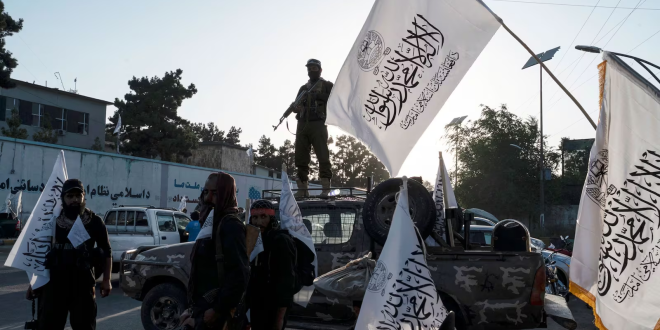KABUL – The Taliban-led government in Afghanistan has expressed a desire for a “new chapter” with the United States under the incoming Trump administration, along with access to $9 billion in frozen Afghan reserves held overseas since the Taliban takeover in 2021.
“We seek a new chapter of relations with the Trump administration and want the coming Trump administration to reciprocate this,” said Mohammad Suhail Shaheen, head of the Taliban’s political office in Qatar. Shaheen also called for the unfreezing of the Afghan central bank’s reserves to support the struggling Afghan economy, devastated by international sanctions and the loss of foreign aid.
While the Taliban hopes for a shift in policy, the path forward remains uncertain. The Trump administration orchestrated the original withdrawal agreement with the Taliban in 2020, but the chaotic exit under President Joe Biden in 2021—often criticized by Trump—has left deep scars on U.S.-Afghan relations. Trump’s proposed national security advisor, Mike Waltz, a former Green Beret with combat experience in Afghanistan, could further impact how the administration addresses Taliban-led Afghanistan.
Internationally, the Taliban’s regime remains a diplomatic outlier. Despite China, Pakistan, and Russia accepting Taliban diplomats, none formally recognize the government. The U.S. and its allies have maintained that progress on human rights and counterterrorism is essential for any meaningful engagement—a point on which the Taliban has made limited progress. Human rights in Afghanistan, particularly women’s rights, have worsened significantly under Taliban rule.
The Biden administration froze over $7 billion of Afghanistan’s assets in 2021, later transferring $3.5 billion to an independent Afghan Fund in Switzerland to support the Afghan people without empowering the Taliban. Another $2 billion is held in European banks, but Western leaders continue to hold firm on the need for tangible human rights improvements before reconsidering relations.
The prospect of a fresh start with the Taliban administration could be a defining international policy for Trump’s second term, potentially unlocking billions in frozen assets—but at a high diplomatic cost that many U.S. allies may resist.
 Afghanistan Times
Afghanistan Times




